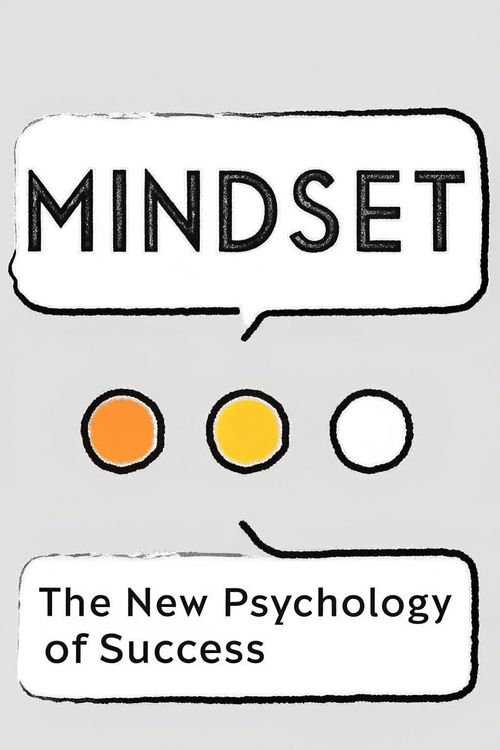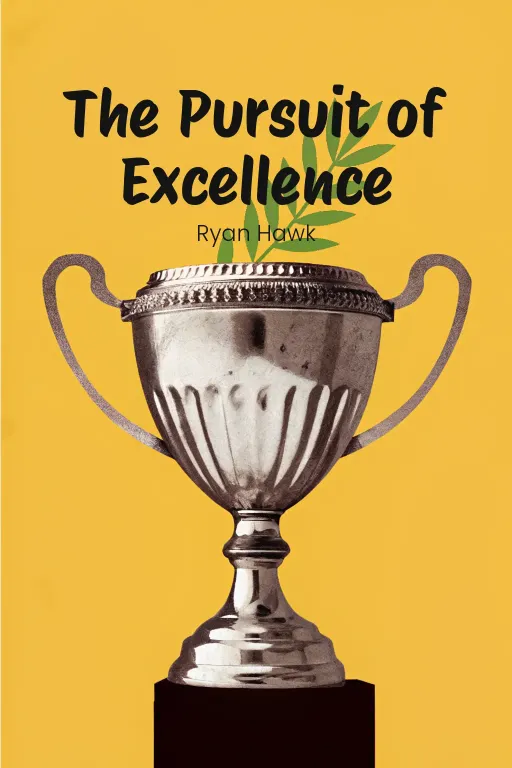
Essentialism
Productivity
Greg McKeown
A Scholarly Exposition of "Essentialism: The Disciplined Pursuit of Less"
Greg McKeown's "Essentialism: The Disciplined Pursuit of Less" presents a compelling philosophy predicated on intentionality and prioritization, advocating for a life meticulously curated to include only the most vital endeavors. More than simple time management, Essentialism represents a paradigm shift, urging readers to critically evaluate their commitments and ruthlessly eliminate the extraneous. Through a blend of practical strategies, illustrative anecdotes, and insightful analyses, McKeown offers a framework for reclaiming control and attaining a life of purpose and profound accomplishment.
Distilling Life's Essence: The Core Tenets of Essentialism
The introductory chapters delineate the fundamental contrast between the Essentialist and the Nonessentialist. The latter, burdened by a multitude of trivial commitments, disperses energy thinly, leading to ultimately unfulfilling endeavors. Conversely, the Essentialist strategically focuses on a select few activities, yielding greater impact and cultivating a deeper sense of satisfaction. This necessitates a rigorous process of exploration, evaluation, and elimination, underscoring that choosing the essential demands a resolute commitment to discerning what truly matters amidst the incessant clamor of modern existence.
The Power of Agency: Embracing Individual Choice
At the heart of Essentialism lies the recognition of individual agency, the capacity to make conscious and deliberate choices. McKeown underscores that reclaiming this power requires actively resisting the "learned helplessness" that pervades contemporary life – the passive acceptance of demands and obligations. Instead, individuals are urged to proactively evaluate opportunities, aligning their choices with personal values and long-term aspirations. This necessitates cultivating the courage to decline nonessential invitations, thereby liberating time and energy for meaningful pursuits.
The Art of Trade-Offs: Navigating the Inevitable
Essentialism acknowledges the fundamental reality of trade-offs. In a world of finite resources, choices must be made; to excel in certain areas necessitates sacrificing others. McKeown advocates for embracing this reality by prioritizing strategically, asking critical questions to determine which opportunities genuinely align with one's goals. He illustrates the transformative potential of making conscious trade-offs, citing examples of individuals who reclaimed their time and significantly improved their output by selectively narrowing their focus.
Clarity of Purpose: The Guiding Compass
Clarity of purpose is the cornerstone of effective decision-making within the Essentialist framework. A well-defined objective acts as a compass, guiding choices and ensuring that actions remain aligned with aspirations. Conversely, ambiguity breeds inefficiency and conflict, leading to wasted effort and diminished productivity. McKeown emphasizes that establishing clear goals fosters a sense of direction, enabling individuals and teams to channel their energy toward meaningful results.
The Essentialist Process: A Systematic Approach
The book outlines a systematic process comprised of exploration, evaluation, elimination, and execution. Exploration necessitates a thorough examination of options, employing reflective questioning and value assessments to identify the "vital few" activities. Evaluation involves establishing clear criteria for decision-making, enabling the discernment of essential tasks from those that merely distract. Elimination requires the courage to say no to nonessential commitments, while execution demands the creation of systems and routines that facilitate effortless progress toward desired outcomes.
Supporting Principles: Nurturing the Essentialist Mindset
Beyond the core process, McKeown highlights several supporting principles that nurture the Essentialist mindset. Play, sleep, and a commitment to essentialism are presented as crucial elements for cultivating creativity, maintaining well-being, and sustaining the disciplined pursuit of less. These principles underscore that Essentialism is not merely a set of techniques but a holistic philosophy that permeates all aspects of life.
Essentialist Leadership: Guiding with Clarity and Purpose
Essentialist leadership is defined by clarity, focus, and intentionality. Leaders who embody these principles prioritize sustainable teamwork, foster a culture of clear objectives, selectively hire to enhance team cohesion, and address obstacles strategically. By celebrating small wins and establishing consistent routines, essentialist leaders create environments that empower their teams to achieve extraordinary results.
Historical and Contemporary Exemplars: Embodying Essentialist Principles
McKeown draws upon historical and contemporary examples of individuals and organizations that exemplify Essentialist principles. From Mahatma Gandhi's unwavering commitment to social justice to Ferran Adrià's revolutionary approach to culinary arts, these case studies demonstrate the transformative power of prioritizing what truly matters and leading with clarity and conviction.
Overcoming Psychological Barriers: Navigating Cognitive Biases and Social Pressures
The book acknowledges the psychological barriers that can impede Essentialist thinking, such as cognitive biases and social pressures. These insidious forces can distort decision-making, leading to suboptimal choices and a diffusion of focus. McKeown provides strategies for mitigating the impact of these barriers, advocating for a conscious effort to counteract cognitive biases and navigate social expectations with grace and assertiveness.
Real-Life Practices: Integrating Essentialism into Daily Life
Finally, McKeown offers practical techniques for integrating Essentialism into daily life, emphasizing the importance of establishing routines and habits that support intentional living. By incorporating mindfulness practices, building mental and physical buffers, and celebrating small wins, individuals can cultivate a life of greater clarity, focus, and fulfillment.
Embracing the Essentialist Journey: A Call to Action
As "Essentialism: The Disciplined Pursuit of Less" concludes, readers are left with a compelling call to action. McKeown urges a critical assessment of current priorities, challenging the reader to embrace the Essentialist mindset as a pathway toward a more meaningful and purposeful life. By embracing a commitment to clarity, focus, and intentionality, individuals can chart a course toward profound personal and professional fulfillment.









